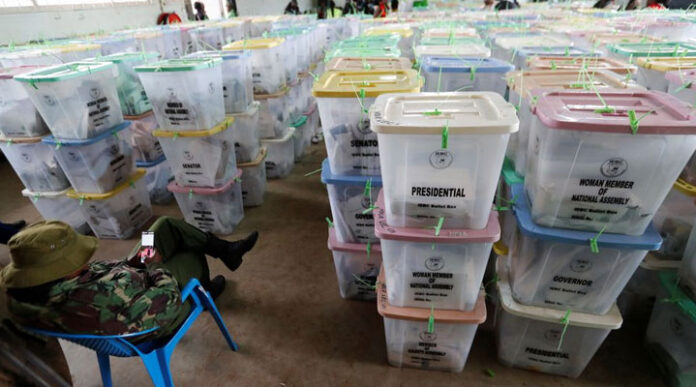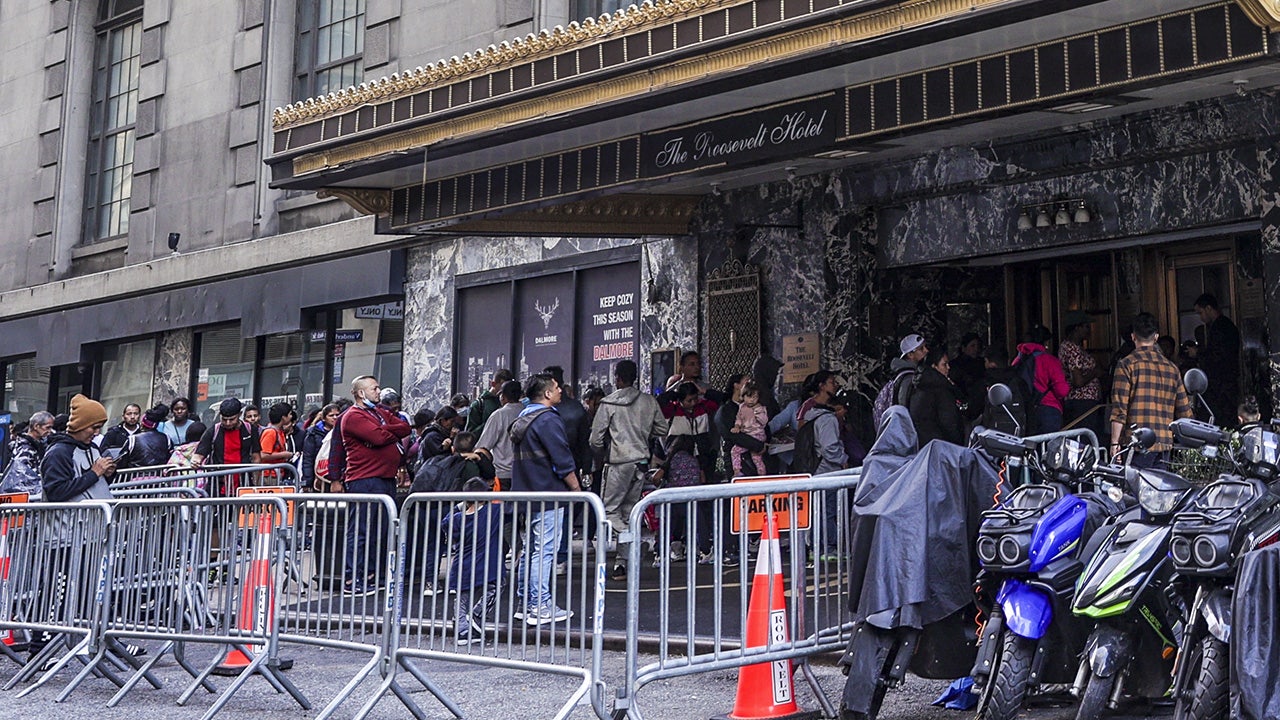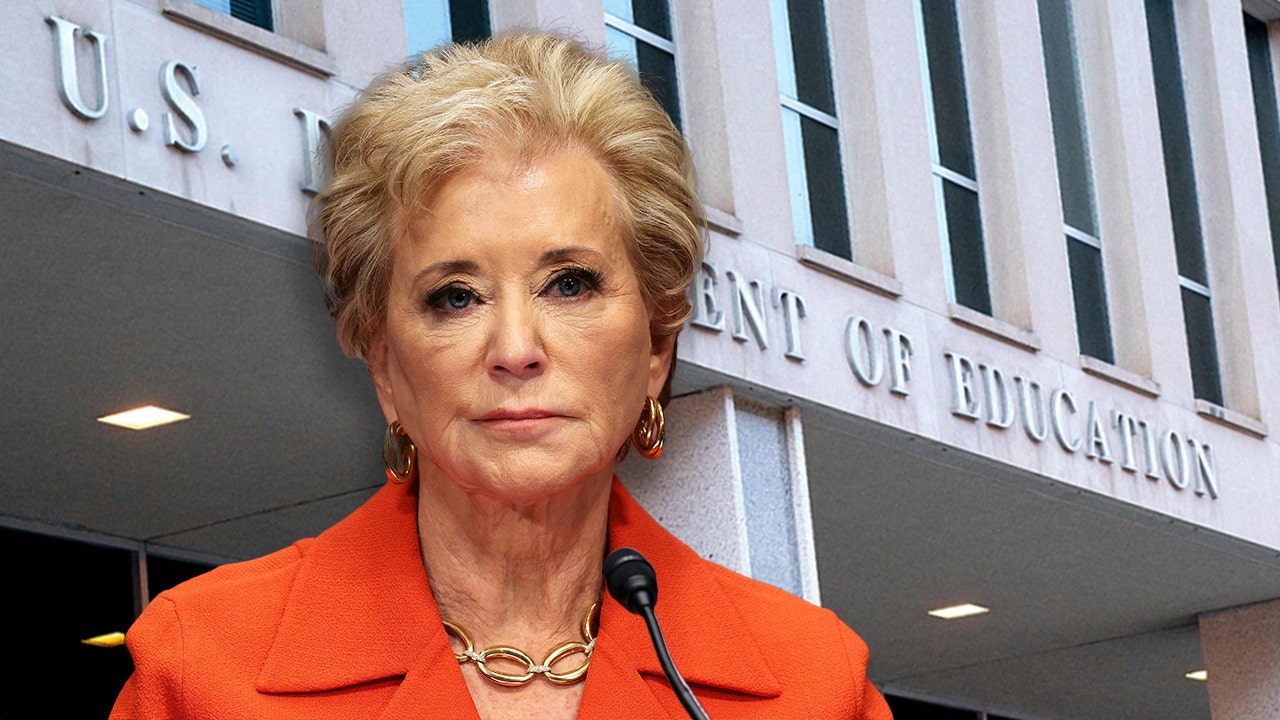After three days of arguments, the Supreme Court will rule on Raila Odinga’s challenge to William Ruto’s declared victory.
Kenya is usually peaceful, but there have been election violence in the past.
Kenya’s Supreme Court will decide whether to uphold or overturn the results of last month’s presidential election on Monday, a decision that will be closely watched in a country that has seen previous bouts of poll-related violence.
Following three days of oral arguments last week by lawyers representing the two main candidates and opposing camps of election commissioners, the seven-member court will rule.
Raila Odinga, the opposition leader running for a fifth term, claims Deputy President William Ruto’s narrow victory was the result of massive fraud. Four of the seven election commissioners disavowed the commission chairman’s announcement of the results, claiming that the tallying had been opaque.
In the 2017 election, the Supreme Court made history by overturning President Uhuru Kenyatta’s victory over Odinga due to procedural irregularities.
Kenyatta won a re-run that Odinga boycotted.
That year, approximately 100 people were killed in election-related clashes. Protests erupted in several Odinga strongholds on Aug. 15 after the election commission chair declared Ruto the winner, but Odinga urged supporters to remain peaceful, and the streets have remained calm since.
Tempers have mostly flared on social media, where Odinga and Ruto supporters have bombarded the platform with often absurd claims and counter-claims.
FRAUD ACCUSATIONS
Odinga, who was backed in this election by the term-limited Kenyatta, has claimed that a team working for Ruto hacked into the commission’s system and replaced genuine pictures of polling station result forms with fake ones, increasing Ruto’s share.
“The evidence presented by the petitioner demonstrates a well-planned and fraudulent scheme that was executed with military precision,” Odinga’s lawyer, Philip Murgor, told the court on Friday.
Odinga and the four dissident commissioners also accuse commission chairman Wafula Chebukati of violating electoral law by conducting the vote count and declaring the result unilaterally. Ruto received 50.49% of the vote, enough to avoid a second-round run-off.
All of these allegations have been refuted by Ruto and Chebukati. Odinga’s claims were dismissed by Ruto’s legal team as a “shock and awe” strategy lacking concrete evidence.
If the result is declared invalid by the court, a new election must be held within 60 days. The decision of the court is final.
Kenya is an important Western ally in a volatile region, sending troops to peacekeeping missions in Somalia and the Democratic Republic of the Congo. It also serves as the regional headquarters for a number of global corporations and organizations.
While the country is generally stable, there have been numerous instances of election-related violence, often along ethnic lines.
More than 1,200 people were killed in clashes that erupted after Odinga accused then-President Mwai Kibaki’s party of massive rigging in the 2007 election.





